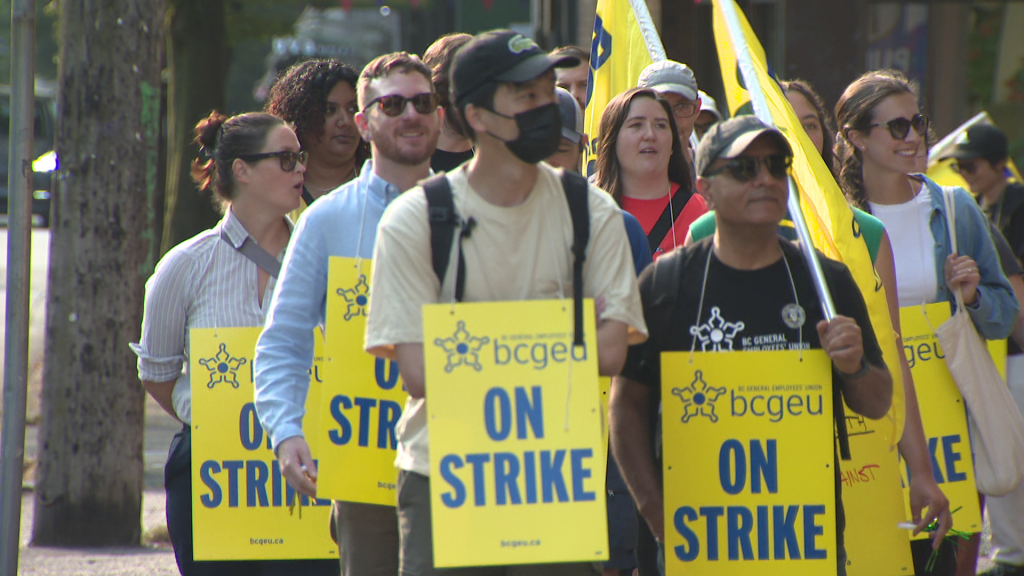
As the BC General Employees’ Union (BCGEU) strike enters its third week, the union has announced an expansion of job action to include workers in British Columbia’s vital mining sector. Starting on Tuesday, March 5, 2024, government employees responsible for supporting the province’s mineral and mining operations will join the strike.
Melissa Moroz, a representative from the Professional Employees Association, addressed the media in Victoria, stating, “This means the engineers, the geoscientists, the agrologists, and the foresters who oversee all the permitting of mines, the enforcement of safety and the compliance of environmental regulations are off the job.” This escalation includes staff from the Mineral Development and Mineral Titles offices in Vancouver, as well as workers at the Southeast Mines Office in Cranbrook.
Union President Paul Finch highlighted the implications of the strike on project approvals, particularly after Prime Minister Mark Carney recently unveiled a list of five projects under initial consideration, including two located in British Columbia. Finch emphasized the importance of civil service workers in this context, stating, “You can’t fast-track mines and fast-track permitting without the people that do that work. So, absolutely, there will be delays.” He reiterated the union’s desire for a collective agreement, urging the government to return to the bargaining table to resolve the situation.
In addition to the strike expansion, the BCGEU has implemented overtime bans that now encompass correctional and sheriff services, building on existing restrictions at Liquor Distribution Branch warehouses. This move indicates a broader strategy by the union to exert pressure on the provincial government.
The BCGEU is advocating for a wage increase of 8.25 percent over two years, citing rising living costs and other pressing concerns as the rationale behind their demands. The strike’s impact is significant, particularly as B.C. Finance Minister Brenda Bailey announced on March 4, 2024, that the province’s forecasted deficit has reached a record high of nearly $11.6 billion for the first quarter of the 2025-2026 fiscal year. This deficit is attributed largely to the removal of the carbon tax and ongoing global trade uncertainties.
Despite the financial challenges facing the province, Finch stated that the announcement regarding the deficit “doesn’t materially change” the union’s negotiating position. As the strike continues, the potential for delays in mining operations and related projects grows, underscoring the critical role these workers play in the economic landscape of British Columbia.
The situation remains fluid, and both the BCGEU and the provincial government are under pressure to reach a resolution that addresses the needs of the workers while considering the economic implications of the ongoing strike.







